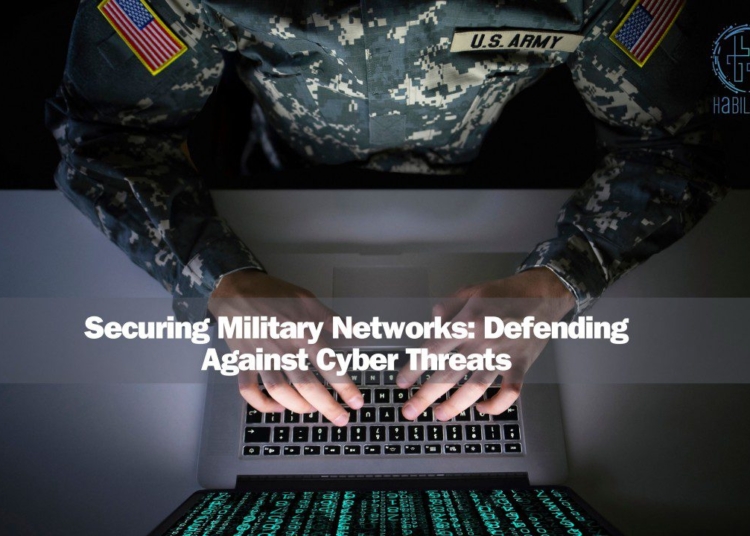With the increasing importance of cyber warfare in modern conflicts, the U.S. military plays a crucial role in defending against online threats. This involves both defensive and offensive cyber operations to protect against cyber attacks and disrupt adversaries’ capabilities. The military’s Cyber Command oversees defensive efforts, working with government agencies and private sector partners to strengthen national cyber defenses. As cyber threats evolve, the military must continually adapt and enhance its capabilities to stay ahead of potential adversaries. The future of cyber warfare will likely see new challenges and vulnerabilities, making the military’s role in defending against online threats even more critical.
Cyber Warfare: The Role of the U.S. Military in Defending Against Online Threats
Introduction
Cyber warfare has become an increasingly important aspect of modern warfare, as countries and other actors seek to gain the upper hand in conflicts through the use of cyber attacks. The U.S. military plays a critical role in defending against these online threats, utilizing a combination of defensive and offensive cyber capabilities.
Defensive Cyber Operations
The U.S. military’s defensive cyber operations focus on protecting the Department of Defense’s networks and systems from cyber attacks. This includes monitoring network traffic, detecting and responding to intrusions, and implementing security measures to prevent unauthorized access. The military’s Cyber Command is responsible for overseeing these defensive efforts and works closely with other government agencies and private sector partners to strengthen the nation’s cyber defenses.
Offensive Cyber Operations
In addition to defending against cyber attacks, the U.S. military also has the ability to conduct offensive cyber operations to disrupt or degrade an adversary’s capabilities. These operations can involve deploying malware, conducting denial of service attacks, or infiltrating enemy networks to gather intelligence. Offensive cyber operations are conducted in accordance with legal and policy guidelines and are subject to rigorous oversight to prevent unintended consequences.
Cyber Warfare and National Security
Cyber warfare has become a key component of national security strategy, as threats in cyberspace can have far-reaching consequences for the U.S. and its allies. The U.S. military’s cyber capabilities are integral to protecting critical infrastructure, defending against cyber espionage, and deterring potential adversaries from launching cyber attacks against the U.S. and its interests.
The Future of Cyber Warfare
As technology continues to evolve, the nature of cyber warfare will also change, with new threats emerging and existing vulnerabilities being exploited. The U.S. military is constantly adapting to these challenges, developing cutting-edge cyber capabilities and enhancing collaboration with partners in government, industry, and academia to stay ahead of the curve. The military’s role in defending against online threats will only become more critical as the digital battlefield continues to evolve.













